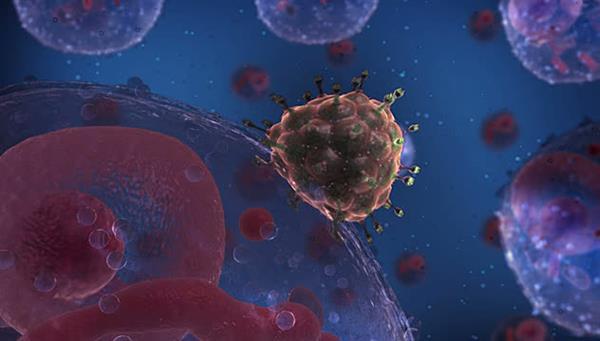In the spring of 1984, scientists announced that they had isolated the HIV-infected virus (HIV) and expected to cure AIDS within two years. However, over the past 30 years, treatment has remained elusive. AIDS has become the deadliest epidemic in the 21st century, with an estimated 33 million people infected with HIV.
Doctors use powerful drugs to control HIV in the body to sustain life, but the number of deaths caused by HIV in the world is still numerous. In 2007, about 2.5 million people were infected with HIV, about the same number of people died of AIDS, and the late stages of the disease were caused by HIV.
The failure of treatment programs has caused scientists to worry that vaccines cannot be developed and treatment will be ineffective. Even so, there are still many people who believe that there are countermeasures to prevent or stop HIV.

In search of ways to fight HIV, researchers have a deeper understanding of how HIV escapes from the immune system and why previous vaccines fail.

HIV-infected T cells
There is almost no cure for a virus infection. HIV can attack the body's immune system, especially invading T cells – cells in the immune system. The so-called helper T cells are immune cells. They are like an army. Soldier-like killer T cells attack the bacteria that invade the body.
SMART Digital Bluetooth Hearing Aids
SMART Digital Bluetooth Hearing Aids
Shenzhen Sunshine Technology Co.,Ltd , https://www.yatwin.com